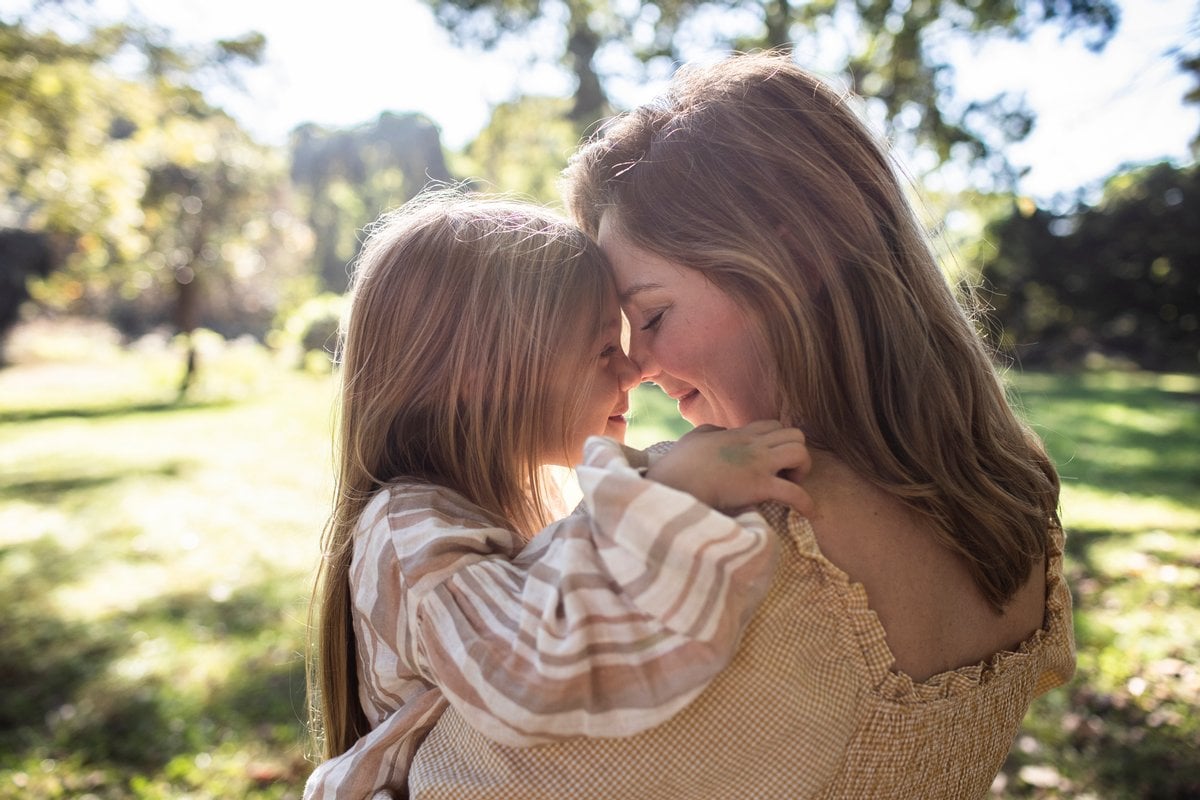
No one wants their child to turn into a spoilt brat. But what happens if you look at your kid one day and start to worry that they’re acting just a tiny bit… well, entitled?
That was the dilemma raised by a mum on Mamamia Family recently.
She said her three-year-old daughter was an only child who had a lot of people – including grandparents – who loved her and bought her things. “Yesterday we were at the shops and she already had a few things that we needed to get but she kept just grabbing random things off the shelf and ‘needing’ them,” she wrote.
Watch: Be A Good Mum. Story continues after video.
“She also had a huge meltdown because I wouldn’t buy something in particular, something that I knew she would never play with. “Every time I come home from work she asks me what surprise I got her, more than often nothing. I’m so worried she’s going to grow up a spoilt brat.”
Other parents chimed in with similar experiences (“I’m petrified of this too,” confided one) as well as advice. One mum said she got her kids to do chores for pocket money from the age of four.


Top Comments